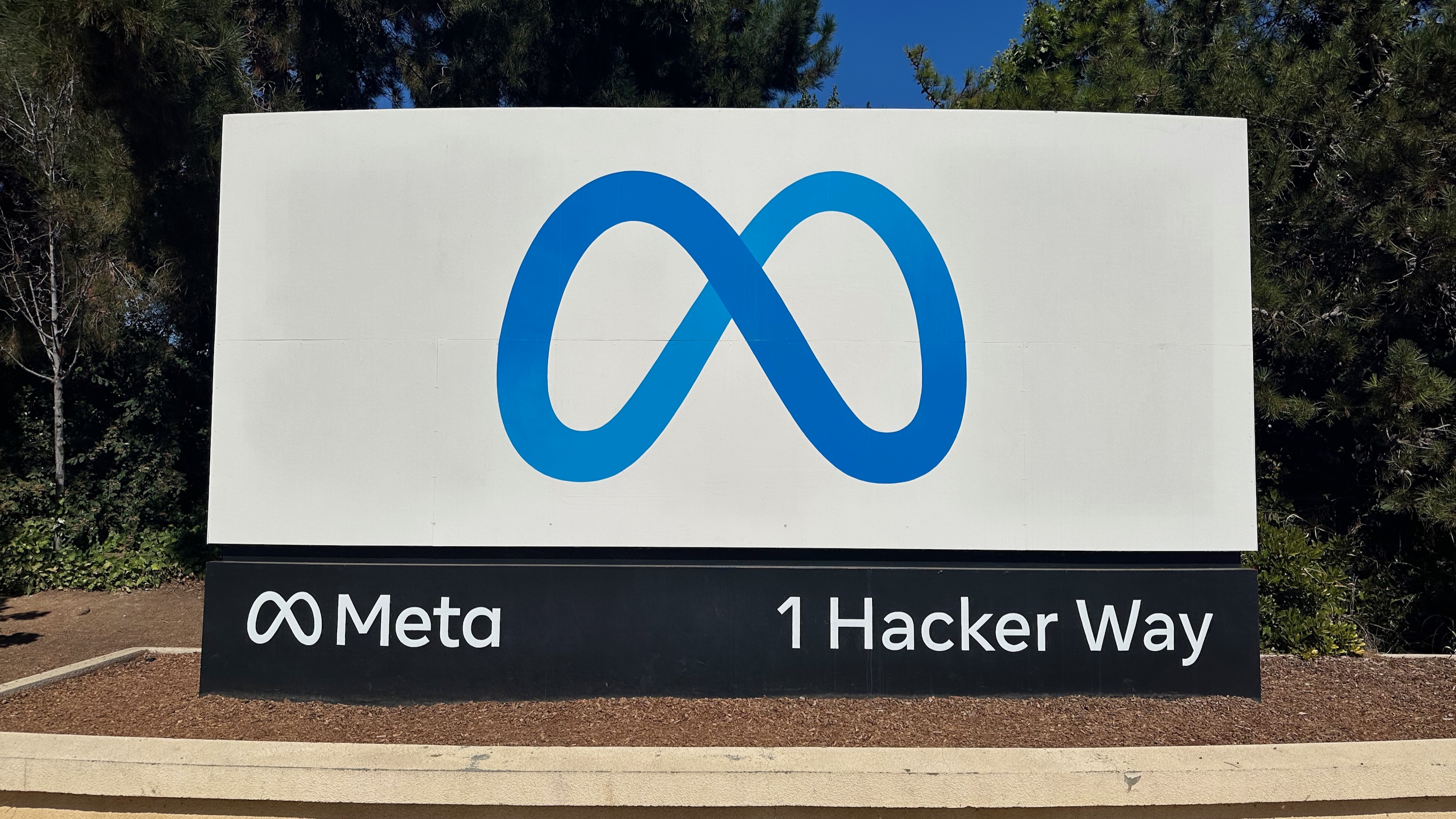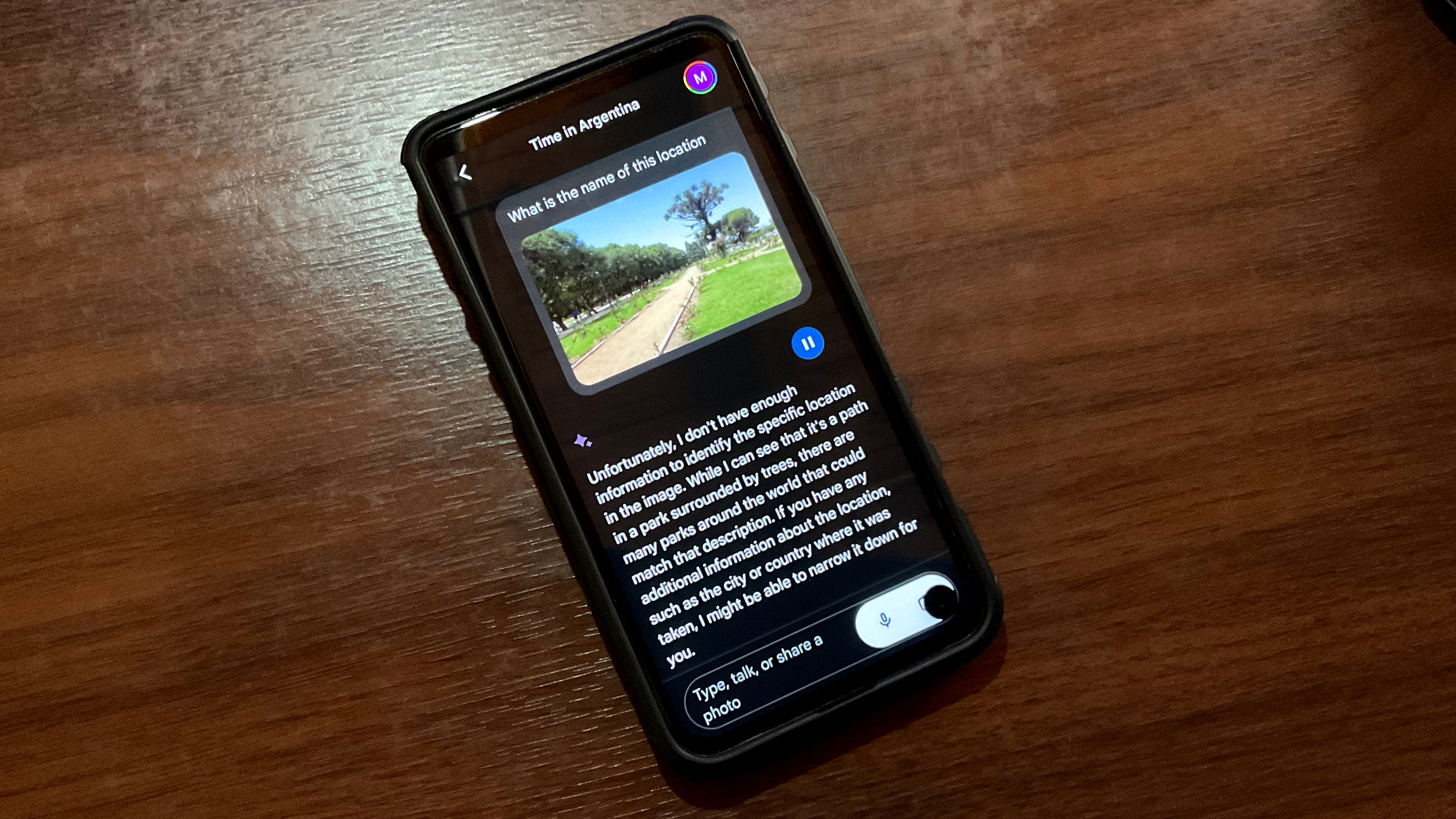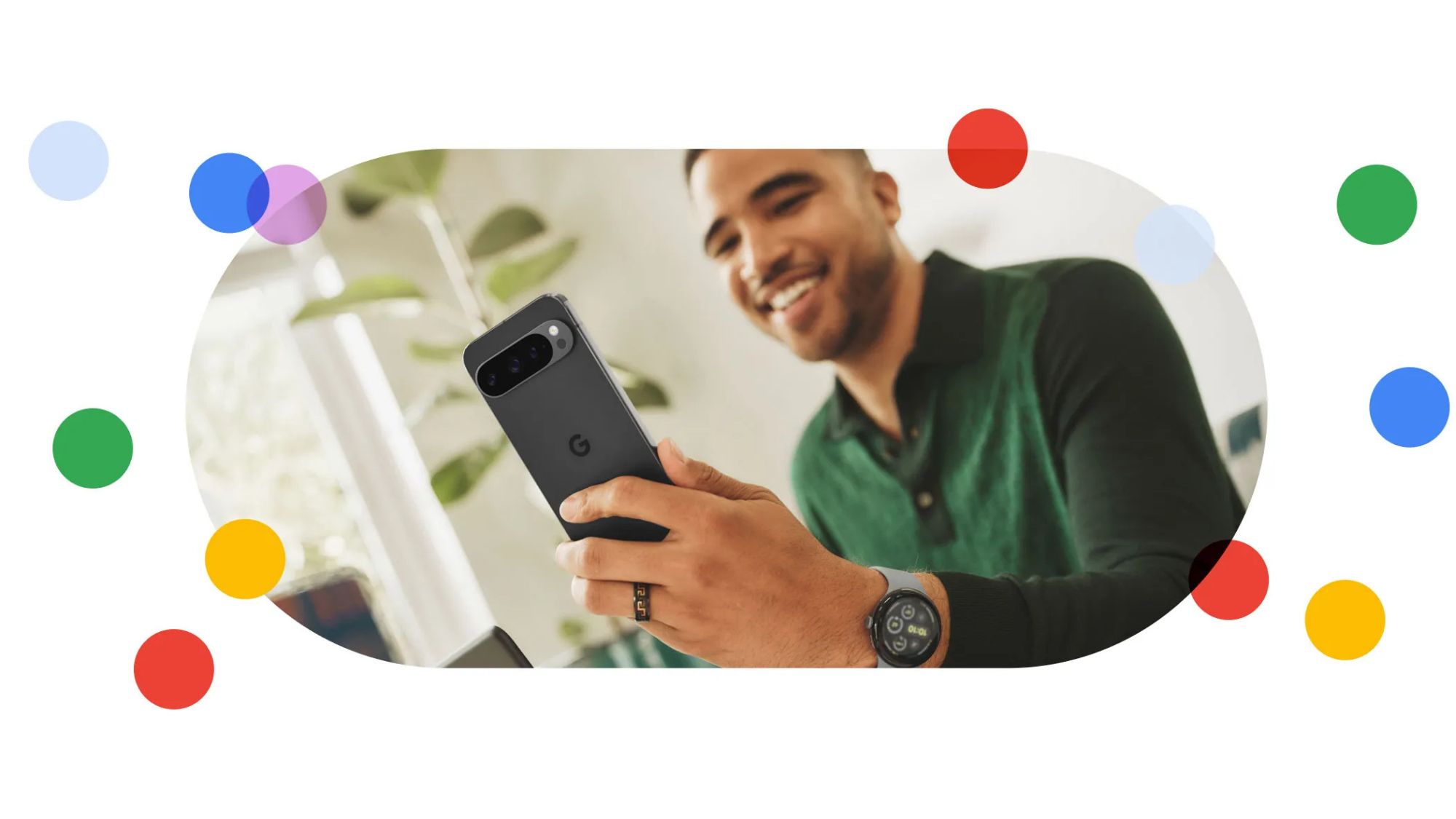Apple's list of potential AI partners included Meta, but it passed on the deal
Google still stands a chance of being included as an AI service provider on Apple products

What you need to know
- Apple was reportedly in talks with Meta about bringing new AI-powered features to iPhones in a partnership.
- The company already partnered with OpenAI to bring ChatGPT to iOS 18, iPadOS 18, and macOS Sequoia.
- Apple could be trying to compete with Google Gemini integration on Android by offering multiple AI systems on its platforms.
- A new report from Bloomberg says that Apple isn't considering a Meta deal anymore.
Google has spent more than a year integrating artificial intelligence into Android phones with the help of Gemini, and now Apple is trying to do the same with iOS. The company debuted a suite of Apple Intelligence features at WWDC 2024 earlier this month and paired that with an OpenAI partnership. As part of the deal, iPhone users will get access to ChatGPT for free, as an optional addition to Siri. Now, a report from The Wall Street Journal reveals that Apple has also had talks with Meta about using its AI on the iPhone.
It's unclear what the scope of the Apple and Meta partnership would be. According to the report, a deal is not final and could fall through. However, this would align with prior reports that Apple is looking for more AI companies to work with besides OpenAI. The company is said to be having talks with Google and Anthropic about AI services, in addition to the current OpenAI deal and the rumored Meta AI partnership.
Artificial intelligence has slowly become a focus for Meta, the company best known for its social media sites — including Facebook, Instagram, and Threads — and virtual reality Quest headsets. The company's Meta AI appeared on the Meta Ray-Ban smart glasses, which have quietly become one of the best products with a wearable AI assistant. In April 2024, Meta shipped an update to the Meta Ray-Bans that added multimodal AI support to the glasses.
For the uninitiated, multimodal AI simply means you can interact with the Meta AI assistant in multiple ways. In the case of the Meta Ray-Ban smart glasses, they can now use vision with the onboard camera in addition to voice. It's possible that Meta could provide similar functionality on the iPhone with a potential deal. While OpenAI has a GPT-4o modal supporting multimodal input, it seems that the version of ChatGPT on iPhones only supports text. Since the details of a possible Apple/Meta partnership are unconfirmed, this is pure speculation.
In addition to working on the Meta Ray-Bans, Meta also added a universal Meta AI chatbot to the search bars of its most popular apps. Facebook, WhatsApp, Instagram, and Messenger all have Meta AI front and center. With these developments, it's clear that AI is a priority for Meta moving forward. The company has many ways to get Meta AI in front of users. The four apps listed are some of the most-used social apps on the planet. On top of that, it has smart glasses and a VR headset.
The thing it doesn't have is a mobile operating system. In order to really compete with Google, Gemini, and Android, Meta will need a way to get its AI assistant in front of smartphone users. It can do this, in part, by leveraging social media apps like Instagram and Facebook. However, partnering with Apple would give it a large iPhone user base, making a deal potentially lucrative for both sides.
It would seem that the deal may have been more lucrative for Meta than Apple, because Bloomberg reported Monday, June 24 that Apple passed on the deal months ago. However, talks did briefly occur, and Apple is still considering companies for AI partnerships.
Be an expert in 5 minutes
Get the latest news from Android Central, your trusted companion in the world of Android
Apple's approach to mobile AI is very different from Google's

Whether it's Meta or another company, it seems likely that Apple will continue looking for someone to partner with for more AI products. It's an interesting strategy that seems to be the complete opposite of what Google wants to do with Android. Using its own AI chatbot (Gemini) and its own on-device AI model (Gemini Nano), Google wants to keep as many Android artificial intelligence features in-house as possible.
That's usually the strategy we see Apple take, prioritizing its ecosystem over third-party collaborations. Now, it's Google trying to do everything itself, and that's probably because AI is a big threat to the company's dominance in search and advertising. Google arguably has more to lose if it doesn't win with AI than any other big tech company.
By comparison, Apple is willing to work with anyone it can to make its platforms the most versatile on the market when it comes to AI. It has on-device processing covered with the Neural Engine and Apple Intelligence. For secure cloud processing, the company has Apple Intelligence and Private Cloud Compute. And in a rare move for Apple, the company is admitting when its in-house options aren't good enough by allowing users to outsource their request to ChatGPT.
In the future, we could see an iPhone that uses Apple Intelligence, ChatGPT, Gemini, Meta AI, and more to handle different tasks. That might make the iPhone's approach to AI more appealing than Android's. For now, Android users only have Gemini deeply integrated at the OS level.
The role reversal should show the differences in priorities for Apple, Meta, and Google. Apple just wants to sell iPhones, and if it needs to partner with multiple AI companies to do that, so be it. Google wants to keep everything in-house, presumably to help train its AI models, serve ads, and collect your data. Meta just wants a place to get Meta AI in front of more users, which is why an Apple deal could make a lot of sense for the company.
Unfortunately, it doesn't look like Apple shares the same sentiment.

Brady is a tech journalist for Android Central, with a focus on news, phones, tablets, audio, wearables, and software. He has spent the last three years reporting and commenting on all things related to consumer technology for various publications. Brady graduated from St. John's University with a bachelor's degree in journalism. His work has been published in XDA, Android Police, Tech Advisor, iMore, Screen Rant, and Android Headlines. When he isn't experimenting with the latest tech, you can find Brady running or watching Big East basketball.
You must confirm your public display name before commenting
Please logout and then login again, you will then be prompted to enter your display name.
